
KABUL, May 23 (Xinhua) -- "I have been running this book store since the 1960s and kept it open for book lovers even during Taliban's brutal reign," Hajji Shah Mohammad, owner of the bookstore, told Xinhua in a recent interview.
Mohammad's tale only shows that the culture of reading and love for books transcend political upheavals and the test of time.
The two-room bookstore, which can be found in a dilapidated building in downtown Kabul, has served Afghan book lovers for more than five decades.
Mohammad said his personal collection has reached 18,000 books on different subjects about Afghanistan. His collection, properly catalogued and displayed on shelves, includes books in Chinese and Japanese.
Since opening his bookstore and modest library in the l960s, Mohammad has experienced ups and downs but because of perseverance and hard work he was able to survive Afghanistan's more than three decades of turmoil and political unrest.
In order to cater to a more sophisticated clientele and in keeping with the times, Mohammad has opened his own website.
"I have a website which is used by both foreigners and locals. Because of security problems, my clients, especially foreigners who cannot go out of their offices, just open our website at their embassies and offices and order online and later ask their employees to collect the books that they ordered," Mohammad added.
Mohammad said that during the Taliban regime, his bookstore was vandalized by hardline militants who do not believe in the importance of books and reading materials.
"The Taliban religious police came to my bookstore here one day in 1999 and burned several of my books because they contain pictures of human beings and animals. Even the picture of a butterfly was forbidden by them," he recalled.
The Taliban's six-year reign, which ended after the invasion of Afghanistan by U.S.-led military coalition in late 2001, had banned photo shops, television channels, cinema, music and all forms of entertainment.
The Taliban believes that taking pictures is a breach of Islamic teaching and anyone caught taking pictures of living creatures was punished. Only photos for passport and travel documents were allowed.
Nowadays, however, aside from Mohammad's bookstore there are about a dozen other bookstores found in Kabul, aside from libraries, newspaper stalls, printing presses and photo shops.
Some 70 television channels, more than 100 radio stations in Kabul and provinces and hundreds of newspapers, weekly and fortnightly and magazines are operating in the post-Taliban period.
Booksellers can now sell even imported books for children and television channels run animated clips portraying animals and other creatures, all banned during the Taliban regime.
But suicide attacks by the remnants of the Taliban still pose a threat to the security of Kabul and the country in general.
In mid-January, a suicide attack against a government agency near Shah Mohammad's bookstore left seven people, including the attackers, dead, and injuring 33 others. The attack also damaged a portion of the bookstore.
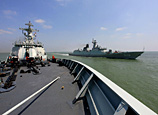
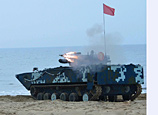
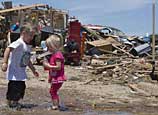
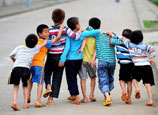
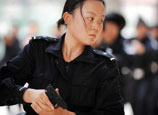

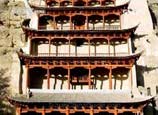
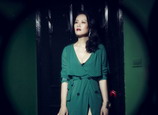

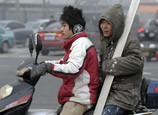






 Post office demolished by 'mistake' overnight
Post office demolished by 'mistake' overnight


![]()
